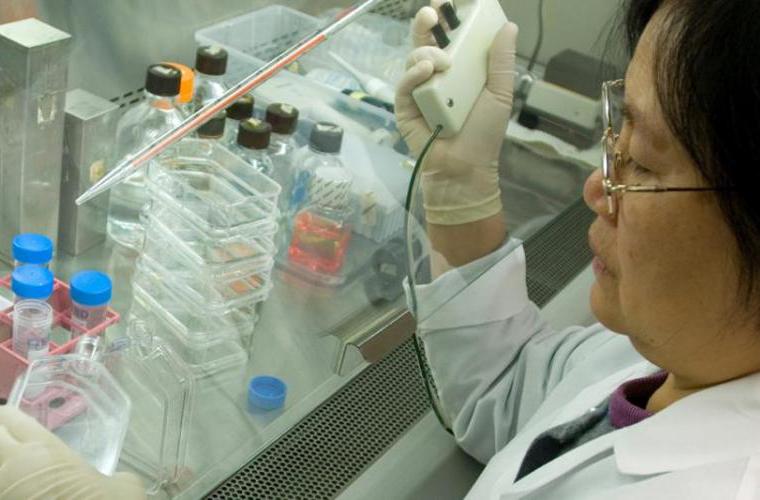Research

Complex problems require innovative solutions
The Office of Academic Clinical Affairs is a one-stop resource, coming together as an extended team of scientists and experts from across the University to work towards transformative health outcomes.
As a land-grant University, it is our responsibility to leverage our breadth of discipline and knowledge for the benefit of our state.
Features:

Rural Health: Evaluation and Selection of Technology (RHEST) Framework
The RHEST Framework (PDF) provides researchers a set of tools and resources to guide technology analysis and selection for rural health research, including information provided by researchers and service providers on rural health challenges, trends, and emerging technologies.
News:
Events:
Scope of Research
The Center for Bioethics helps students, professionals, policy makers, and the public confront and understand ethical issues in health, health care, new biomedical technologies, the environment, and the life sciences.
The Center for Global Health and Social Responsibility facilitates transdisciplinary partnerships and collaborations across the University of Minnesota and worldwide to create a global portfolio of research, education, and engagement.
CTSI is one of approximately 60 medical research institutions working together to improve the way clinical and translational research is conducted nationwide, enhancing its efficiency and quality.
The Institute for Cell, Gene, and Immunotherapy is accelerating the development and testing of novel cell, gene and immune-based therapeutics that hold promise in the treatment of life-threatening diseases.
The Institute for Molecular Virology seeks to improve the health of the citizens of Minnesota through education, outreach, and research (basic, clinical, and translational).
The Masonic Cancer Center creates a collaborative research environment focused on the causes, prevention, detection, and treatment of cancer.
The Minnesota Partnership for Biotechnology and Medical Genomics is a unique collaborative venture among the Mayo Clinic, University of Minnesota, and the State of Minnesota that seeks to position Minnesota as a world leader in biotechnology and medical genomics applications.
The Opioid Advisory Task Force is comprised of an array of faculty, staff, and leadership from across the University working to address the opioid epidemic. The Opioid Advisory Task Force carries out research to advance our knowledge of addiction and pain management; trains students and future health professionals in preventing addiction and overdose; enacts community outreach and public policy.
Regenerative Medicine Minnesota aims to improve the health of Minnesotans by advancing regenerative medicine research, education, industry and care delivery to patients.





